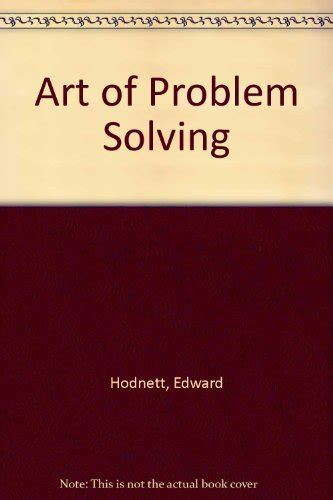A Quote by Jay Rockefeller
Pat Roberts and I both feel very strongly that when we get to Iran, that we can't make the same mistakes. We have to ask the questions, the hard questions before, not afterwards, and get the right intelligence.
Related Quotes
Every time you get into a new job, new location, you have an amazing opportunity in front of you. You get to play dumb for as long as people will allow you to play dumb. You get to ask all the dumb questions, you get to ask multiple people the dumb questions, and you get to make mistakes. That's how you stand out in the crowd.
Every time you get into a new job, new location, you have an amazing opportunity in front of you. You get to play dumb for as long as people will allow you to play dumb. You get to ask all the dumb questions, you get to ask multiple people the dumb questions, and you get to make mistakes. Thats how you stand out in the crowd.
When people ask me what philosophy is, I say philosophy is what you do when
you don't know what the right questions are yet. Once you get the questions
right, then you go answer them, and that's typically not philosophy, that's
one science or another. Anywhere in life where you find that people aren't
quite sure what the right questions to ask are, what they're doing, then,
is philosophy.
Whenever I'm giving talks, I always ask people to think of the most obscure questions because I enjoy those the most. I always get the same questions: Why does Pickwick say "plock" and will there be a movie? I like the really obscure questions because there's so much in the books. There are tons and tons of references and I like when people get the little ones and ask me about them. It's good for the audience [and also] they realize there's more there.
You can imagine over very long timescales, perhaps far beyond the multi-decade time scale, we might be able to ask very deep questions about why we feel the way we feel about things, or why we think of ourselves in certain ways - questions that have been in the realm of psychology and philosophy but have been very difficult to get a firm mechanistic laws-of-physics grasp on.
I don't like the way most people think. It's imprecise. I find that when parents ask me questions, they ask very imprecise questions. They say, "My kid has behavioral problems at school." Well, I have to say, "What kind of problems? Is he hitting? Is he rude? Does he rock in class?" I need to narrow questions to specifics. I am very pragmatic and intellectual, not emotional. I do get great satisfaction when a parent says, "I read your book, and it really helped me."

































